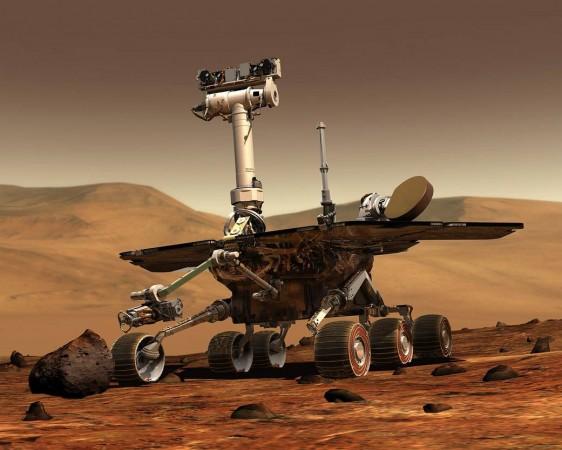The US National Aeronautics and Space Administration (NASA) experts have estimated that an expedition to Mars would require around 40 kilowatts of power — energy sufficient to power eight power houses on Earth — and they think that best way to generate that amount of power on alien worlds would be through nuclear fission.
Producing power on alien planets like Mars could define mankind's interplanetary colonisation experience, which means it could set path for how people generate atmosphere, produce the necessities for human life outside and how they power machines for exploration of planets.
NASA, for the past three years, has been funding Kilopower, which is a project that looks to develop "a compact low-cost scalable fission power system for science and exploration."
Reports state that the project's budget is nearly $15 million, and that the prestigious space agency will unveil a 1.9-metre-tall (6.5 feet) generator designed to produce up to 1 kilowatt of electric power in September.
The generator is set to be unveiled during testing at the Nevada National Security Site, according to a Futurism report.
"If you want to land anywhere, surface fission power is a key strategy for that," Michelle Rucker, an engineer at NASA's Johnson Space Centre, told Space.com.

Geniuses on Earth like Stephen Hawking have already warned that the planet will not be able to survive our habitation for long, and that an alternative for housing humanity must be found soon.
However, the primary question before thinking of embarking on colonisation for another habitable planet is generating power on that alien planet, in this case — Mars.
Reports state that other aspects of habitation on the red planet are coming along. For example, Elon Musk's SpaceX is developing detailed plans and working on ever-larger spaceships which could be used to get to Mars.















